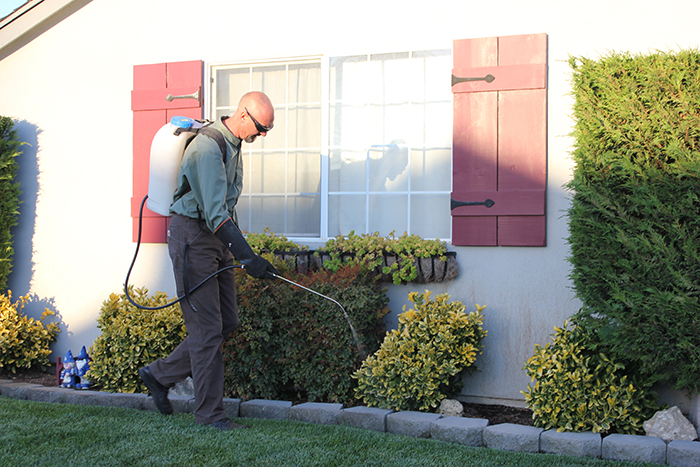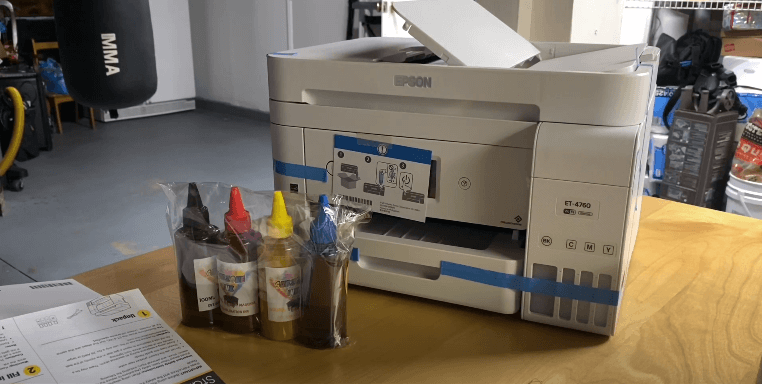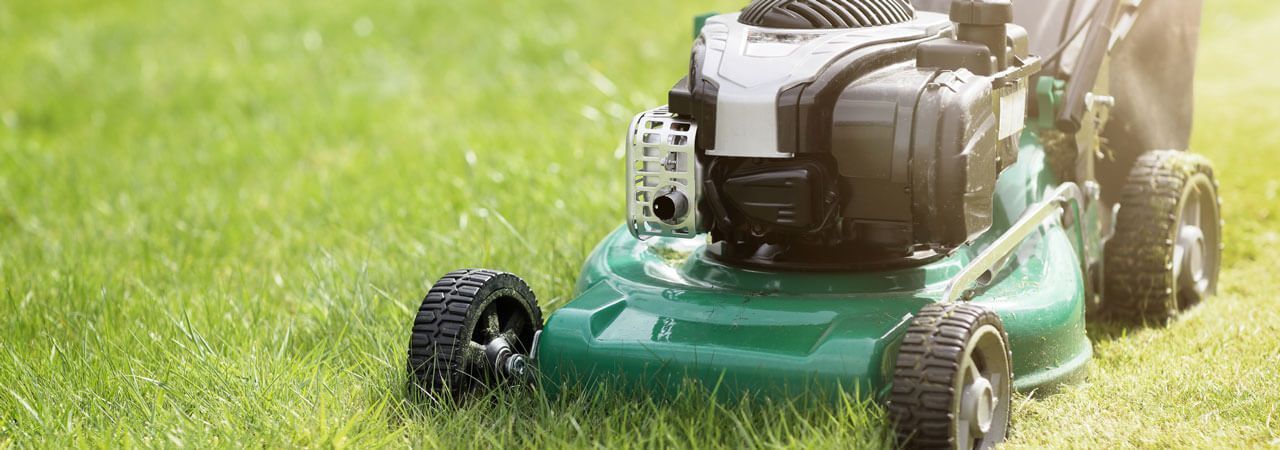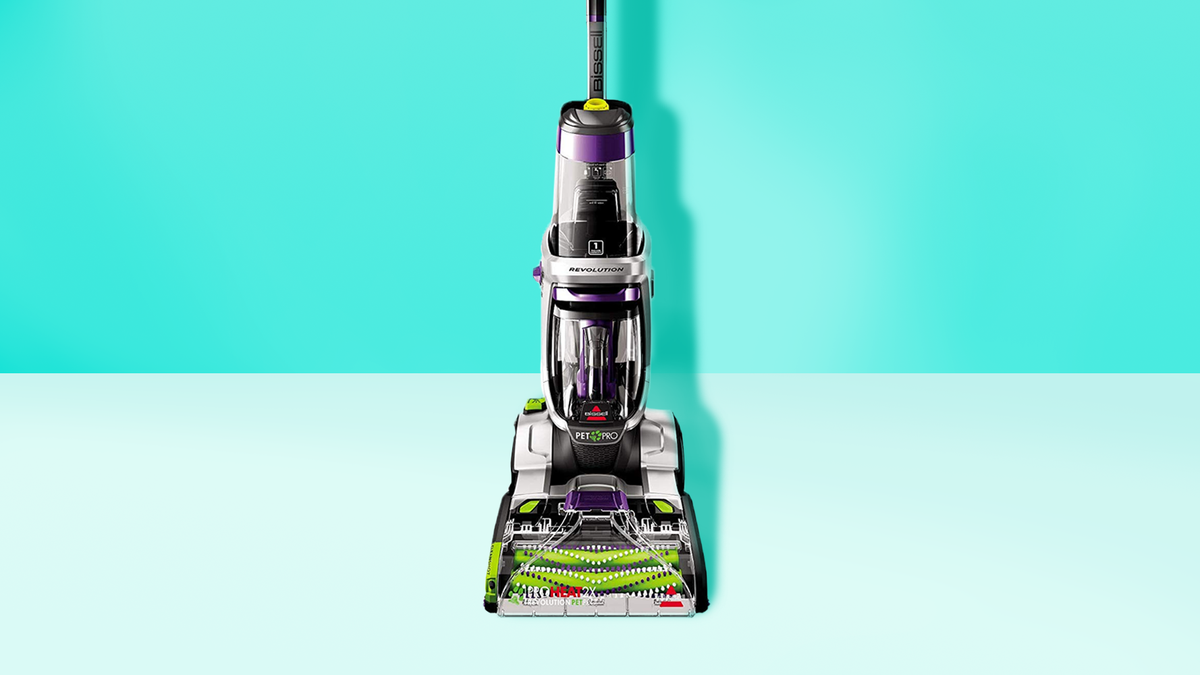
A well-manicured lawn is a source of pride for homeowners, but it's often challenged by unwanted pests that can damage its aesthetic appeal and overall health. Pests like insects, rodents, and other critters can wreak havoc on your lawn, causing brown patches, holes, and a general decline in its lushness. To maintain a beautiful and healthy lawn, it's crucial to effectively manage and eliminate these pests. Here are the top three ways to achieve a pest-free lawn.






